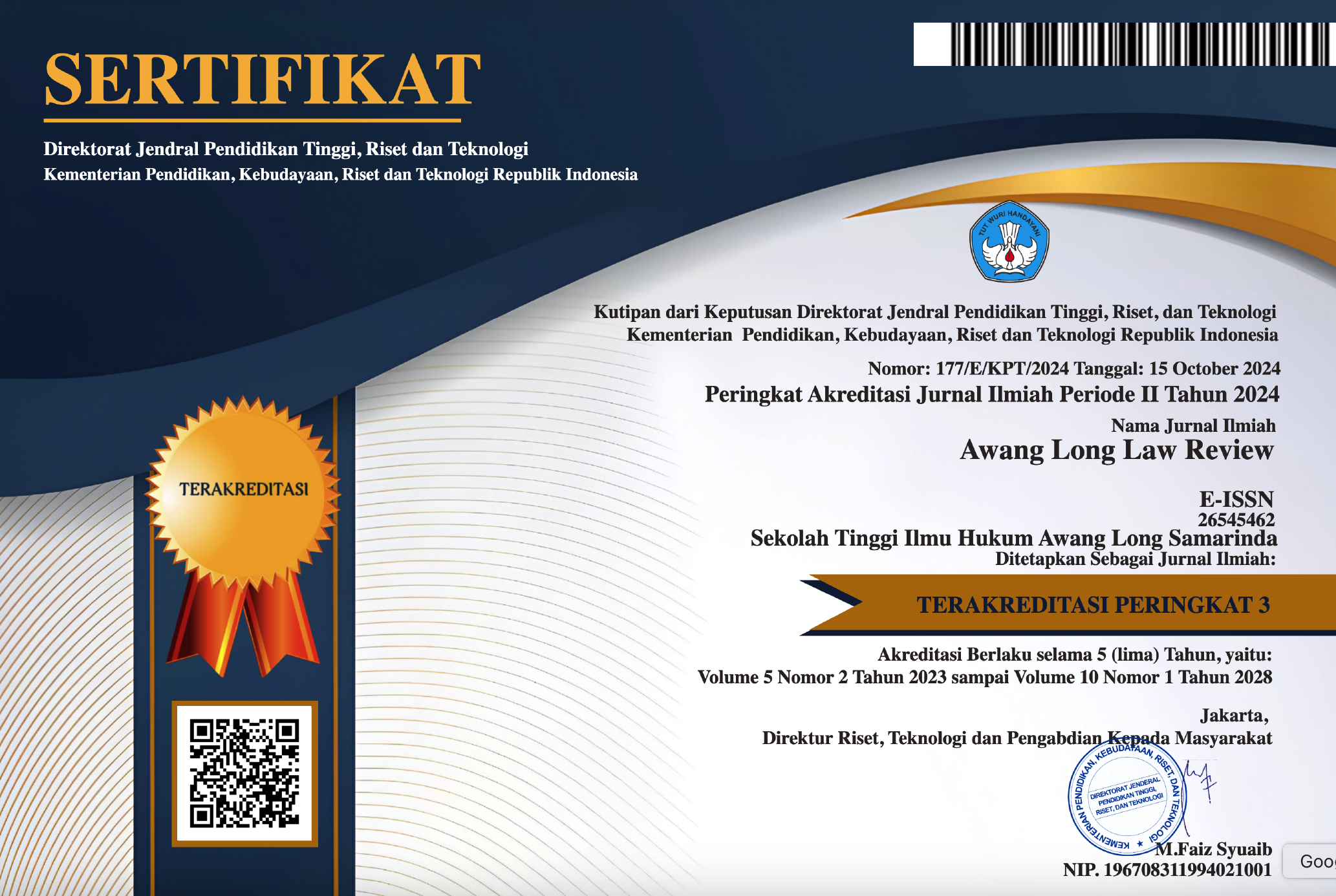IMPLEMENTATION OF THE PRINCIPLE OF MARITIME LAW IN A SPECIAL TERMINAL AS THE MAIN SUPPORTER OF THE OIL AND GAS BUSINESS
Abstract
The Maritime law principles is the principals terms associated with arrangement of conveyance of goods from one port to another port in order to establish trading transaction through the ocean using vessel as carrier instrument. In order to this activity can be implemented properly, supports such as seaworthy vessels, ports which meet the requirement of safety and security for access, adequate terminal infrastructure and operating procedure in accordance with vessels capacity served, and supported by personal worthy and competent on board and in the terminal. Sea voyage (carriage of goods by sea) possesses risk of damage and loss of the vessels, consignments, crews, and maritime environment destructions that demand liability and indemnity for carrier or ship owner, shipper, and consignee, therefore, contract of a freight and compulsory marine insurance are essential to the ships as well as the cargo. Carriage of goods by sea denotes vessels will convey through open oceans, straits state, innocent passage, archipelagic passage depending on the destination and route it chosen. This research utilized normative-juridical method with descriptive-analytical approach and used legal statutes, court decisions, agreements, and other legislations as primary sources of law. Secondary sources including textbooks, magazines, and journal articles related to the research topic which is implementation of maritime law and optimization, as well as the role of particular terminal in the management of vessel accidents were used. The description of the research found that the principle of maritime law has been implemented properly, however, limited areas of implementation only to Indonesian territory and has not reached the exclusive economic zones and continental shelf generate challenges in subsoil exploitation exertion in the sea. Numbers of overlapping rules and law enforcement in the territorial sea requires a serious refinement to determine the constabulary function holders. Optimizing the role of specific terminal through enabling ISPS Code security is necessary to improve the efficiency. In order to manage accident on the sea, lack of competencies became another challenge, therefore, knowledge upgrade and raining to human capital of oil and gas terminal, either mandatory or statutory or voluntary as Oil Companies International Marine Forum are essential.







